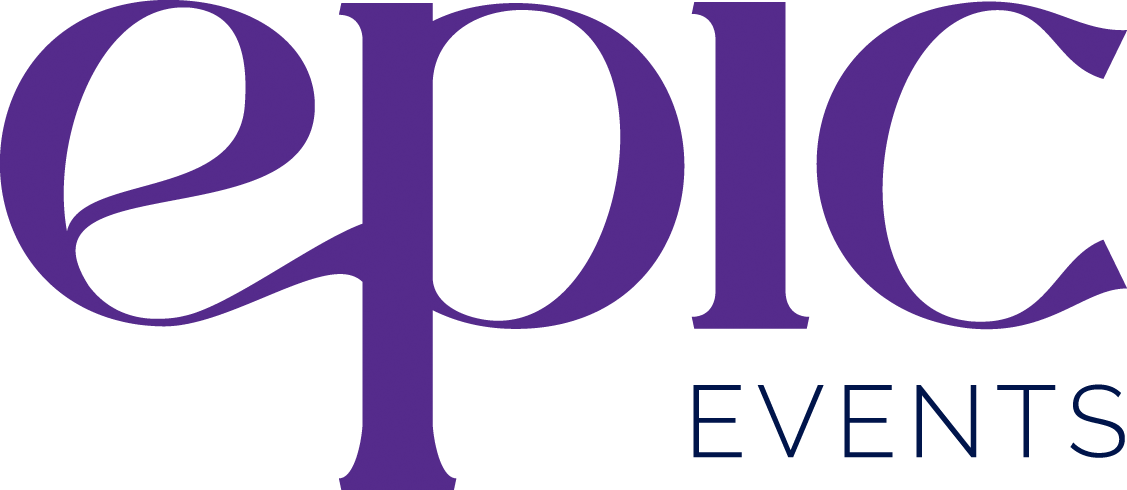
The Ultimate Guide to Crafting a Corporate Event Strategy That Engages and Inspires
Understanding the importance of corporate event strategy
Creating a solid corporate event strategy is crucial for setting the right tone, engaging attendees, and leaving a lasting impression. A well-thought-out strategy can help align the event with your company’s goals, enhance brand visibility, and foster relationships with key stakeholders. This Ultimate Event Guide outlines the importance of a corporate event strategy, you can ensure that your events are successful, impactful, and memorable.
Setting goals and objectives for your corporate event
When planning your corporate event, it’s essential to clearly define your goals and objectives. Our Ultimate Event Guide highlights the fact that these goals should align with your overall company vision and the purpose of the event. By setting specific objectives, you can ensure that your event is focused and impactful. Consider the following points:
- Determine what you want to achieve with the event.
- Set measurable goals to track your success.
- Establish objectives that are realistic and achievable within the event scope.
- Communicate these goals and objectives effectively to all stakeholders involved.
Defining your target audience and key messages
To make your corporate event successful, it’s crucial to define who your target audience is and the key messages you want to communicate. This will help you tailor your event to resonate with your attendees and ensure your message comes across clearly. Some key points to consider are:
Identifying the demographics and interests of your target audience.
Crafting messages that align with your event goals and objectives.
Ensuring that your key messages are communicated consistently throughout the event.
By defining your target audience and key messages early on, you can create an event that engages and inspires your attendees.
Choosing the right event format and theme
Our Ultimate Event Guide outlines the fact that when choosing the format and theme for your corporate event, consider the goals you want to achieve. Is it team-building, networking, or showcasing accomplishments? The format could be a conference, a workshop, or a social gathering. Matching the theme to the purpose can create an engaging and memorable experience for your attendees.
Securing the perfect venue and vendors
To secure the perfect venue and vendors for your corporate event, start by determining the size of your event and the amenities you require. Research potential venues that align with your budget and event needs. Contact different vendors to gather quotes and ensure they can provide the services you need. Compare prices and offerings to make an informed decision. Negotiate with venues and vendors to try to secure the best possible deals. Make sure to visit the venue in person to assess its suitability for your event. Confirm availability and review contracts carefully before making any final bookings.
Developing a comprehensive event marketing plan
As per our Ultimate event Guide, in order to create a successful event marketing plan, begin by outlining your goals and objectives. Identify your target audience and understand their preferences and interests. Determine the budget for your event and allocate resources accordingly. Research different marketing strategies such as social media promotions, email campaigns, and partnership opportunities. Establish a timeline for your marketing activities and measure the success of your plan through metrics like attendance rates and engagement levels. Remember, a well-thought-out event marketing plan can greatly impact the success of your corporate event.
Designing engaging and interactive event experiences
When designing engaging and interactive event experiences, consider incorporating activities that encourage participation from attendees. Our Ultimate Event Guide highlights the fact that Interactive elements like live polls, Q&A sessions, and interactive workshops can increase engagement and create memorable experiences for event attendees. Utilize technology such as event apps or virtual reality to enhance interactivity and empower attendees to actively participate in the event. Incorporating gamification, such as competitions or challenges, can also add a fun and engaging element to the event experience, encouraging participation and creating a sense of community among attendees. By focusing on creating interactive and engaging experiences, you can ensure that your corporate event strategy captivates and inspires attendees.
Implementing effective event logistics and coordination
To ensure your corporate event runs smoothly, you must have meticulous planning and coordination. Here are some key points from our Ultimate Event Guide to implement effective event logistics and coordination:
- Establish clear communication channels among all team members involved.
- Create a detailed timeline outlining tasks, deadlines, and responsibilities for each team member.
- Coordinate with vendors and suppliers well in advance to secure necessary resources and services.
- Conduct a thorough run-through of the event logistics to identify and address any potential issues beforehand.
- Assign specific roles and responsibilities to team members to ensure everyone knows their tasks and expectations.
Evaluating the success of your corporate event strategy
To determine the success of your corporate event strategy, you need to set clear objectives before the event. These objectives should align with your company’s goals and what you aim to achieve from the event. During and after the event, track key performance indicators (KPIs) such as attendee engagement, feedback from participants, lead generation, and any revenue generated as a result of the event. Use this data to analyze the effectiveness of your strategy and identify areas for improvement in future events.
Continuous improvement and future event planning
To ensure your corporate events keep getting better, it’s essential to focus on continuous improvement. After each event, gather feedback from attendees and the team to pinpoint what worked well and what could be enhanced. Consider creating an event debriefing document to document these insights and refer back to them for future planning.
When looking ahead to future events, set clear objectives and goals based on past successes and areas for improvement. Keep an eye on industry trends and innovative event ideas to stay ahead of the curve and create memorable experiences for your attendees. Remember, the key to successful event planning is a combination of learning from the past and staying proactive for the future.
*Click here to check out our next Blog “Event Marketing: Unlocking the potential of events”
ABOUT EXPERIENCE EPIC EVENTS
Experience Epic is the premiere Corporate/Private Event Experience Artists. With a diverse team of Event Artists, we are able to execute with exception in the production of your wedding, birthday celebration, grand opening, municipal festival, destination event or conference. The niche is limitless for us!
Experience Epic is founded by Event Artist Sarah Martin. Her events have been seen on Food Network, Huffington Post, Washington Post, CNBC Power Lunch, and more! We are determined, disciplined and focused on building strong emotional connections and valuable relationships by sparking passion and fulfilling dreams through EPIC Events.
Contact us today for your complimentary Event Exploration! Schedule a meeting or call at www.Calendly.com/EpicSarah, Call 561-467-4760 or sarah@Experienceepic.com






Leave a comment